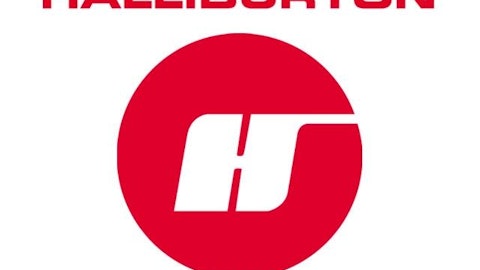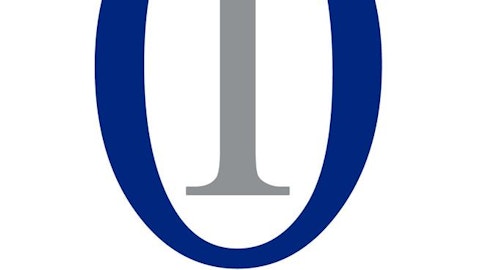An investor network representing $11 trillion of assets under management announced today that is has filed shareholder resolutions with nine leading oil and gas companies seeking greater transparency on how they manage the environmental risks of their fracking operations. Among the filers are New York City and New York state. The move signals a growing movement among investors to use their equity stakes to influence extractive companies’ environmental impact. This mirrors similar tightening in legislation, and some companies will be better equipped to respond to this shifting landscape than others.
Sunshine is the best disinfectant
Unless you’ve been living in a cave for the last decade, you’re probably aware that fracking is a hot topic. Viewed one way, it’s the miracle that assures our energy future. From another angle, it’s a dangerous technology that’s trashing our planet. In reality, fracking has the potential to be both of those things, depending on how companies manage it. The problem is, we really don’t know much about how companies are managing fracking’s environmental risks. They’re not really talking.
Investors in Ceres‘ Investor Network on Climate Risk (INCR) are trying hard to change this situation. They’re pushing oil and gas companies to report on environmental risks and limit methane emissions from fracking operations. The investors’ concerns relate to companies’ water management, toxic chemical disclosure, greenhouse gas emissions, and other community impacts. The INCR wants the nine targeted companies to disclose critical information about how they manage and measure these risks.
The shareholders have filed resolutions with Cabot Oil & Gas Corporation (NYSE:COG), Chevron Corporation (NYSE:CVX), Exxon Mobil Corporation (NYSE:XOM), EOG Resources, Inc. (NYSE:EOG), Oneok Partners LP (NYSE:OKS), Pioneer Natural Resources (NYSE:PXD), Spectra Energy Corp. (NYSE:SE), Range Resources Corp. (NYSE:RRC), and Ultra Petroleum Corp. (NYSE:UPL) , challenging these companies to quantifiably measure and reduce environmental and societal impacts.
“Now is the time for companies to measure up – literally,” said Leslie Samuelrich, senior vice president of Green Century Capital Management, which filed with EOG Resources and Ultra Petroleum and coordinates a shareholder campaign on fracking with The Investor Environmental Health Network (IEHN). “Transparency is the first step, but oil and gas companies must now implement quantifiable plans to reduce the impact of their operations on the environment.”
The measure of a leader
I spoke today with Richard Liroff, executive director of IEHN. His organization published a report in 2011 called: “Extracting the Facts: an investor guide to disclosing risks from hydraulic fracturing operations” (link opens a PDF). The report outlines best practices for disclosure and management of fracking operations. In light of the INCR’s strong criticism of fracking operators, I wanted to know if Liroff thought any company stood out for doing things right. He explained that while he believes some companies are doing a much better job than others, transparency is so uniformly lacking that he can’t call out any single company as a shining example.
Still, “Extracting the Facts” does highlight specific examples of companies performing well on individual indicators. Apache Corporation (NYSE:APA), Talisman Energy Inc. (USA) (NYSE:TLM), and Southwestern Energy Company (NYSE:SWN) appear frequently in the report’s positive examples.
For instance, Apache uses a multiwall drilling method that allows it to minimize surface environmental impact at its sites, and often replaces non-biodegradable biocides with less harmful chemicals. Southwestern has a strong approach to ensuring well integrity, and has substantially reduced methane emissions since 2006. Talisman has a water management strategy that defines best practices for water withdrawal, reuse, disposal, and conservation, and has a better-defined stakeholder consultation strategy for new drilling sites than many of its peers.
Further still, in testimony before the Committee on Energy Resources of the Texas House of Representatives on June 26, 2012, Liroff said that Apache, Southwestern, Talisman, and BG Group all support IEHN’s “Extracting the Facts” approach.






